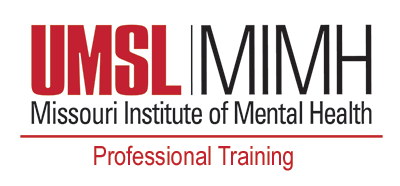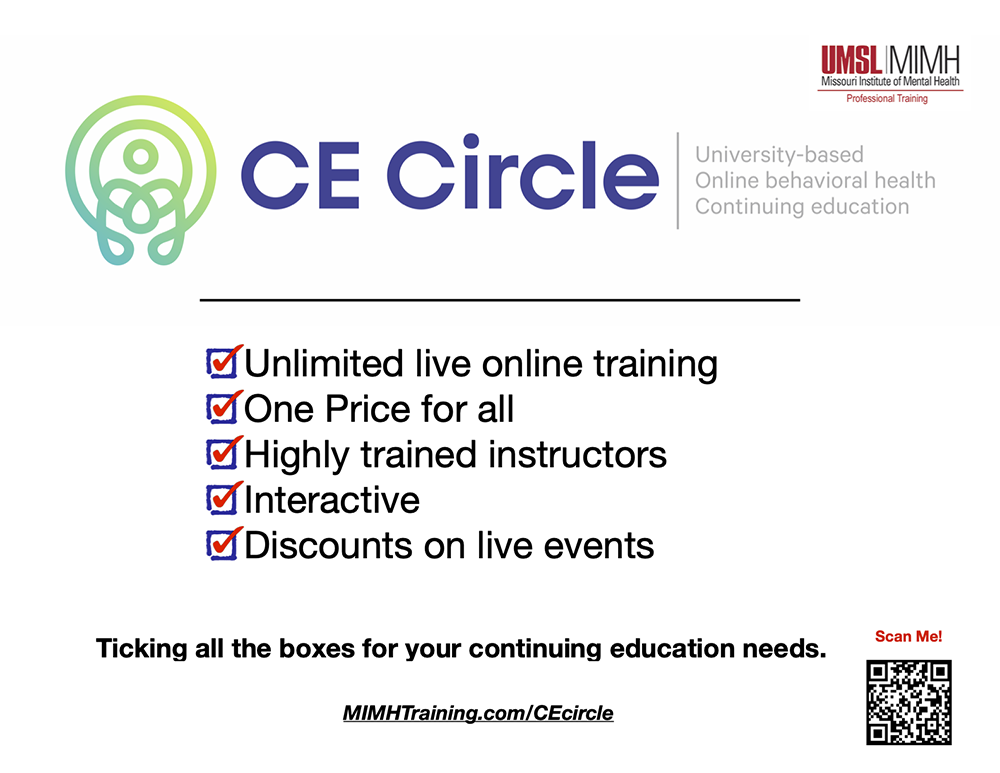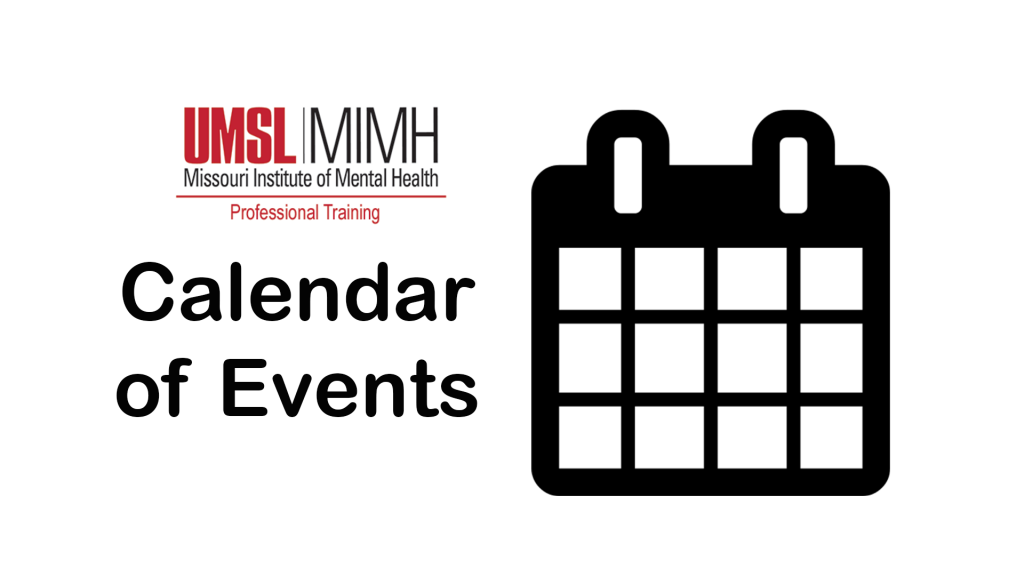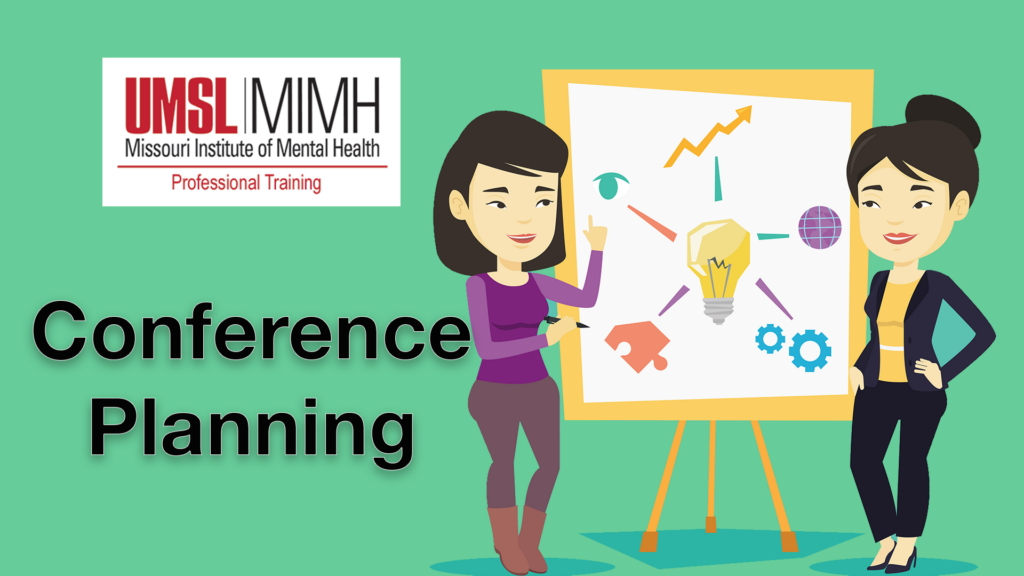From Your Facility To My House: Elements Required For The Successful Transition Of People With Disabilities Out Of Habilitation Centers
Date:
Registration Fee:
Program Description:
This presentation will focus on the steps, elements, and people that are needed to assist people with disabilities in their successful transition out of Hab Centers. The promise and the pitfalls associated with transition will be explored.
Learning objectives include:
1. Participants will learn the major elements required for successful transition efforts.
2. Participants will be able to identify transition shock issues and the identifying characteristics.
3. Participants will learn the top myths and misconceptions that opponents of transition use (no supporting data but powerful emotions).
4. Participants will learn the most important non-negotiable steps that need to be in place for successful transition efforts.
5. Participants will learn how to become personally involved in the life of a person with a disability and the importance of this connection in understanding transition.
6. Participants will understand and be able to explain the major action plan steps needed when beginning the transition process.
Program Presenter:
From 2003-2009, Derrick served as President and CEO of the Institute on Public Policy for People with Disabilities in Illinois. The Institute is a membership organization that focuses on promoting best practice and quality community supports for people with disabilities throughout Illinois.
Derrick has worked in a variety of leadership positions in both community and institutional settings since 1974. His experience in running a statewide community residential program included the closing of nine ICF-MRs and eleven group homes, converting them to supported living arrange-ments based on the personal choice of the individuals served.
He has served two terms on the Board of the American Association on Mental Retardation (now AAIDD). He was co-founder of the Community Living Division of that organization and served as chairperson of its Legislative and Social Issues Committee (LASI). He has also served as board member of the American Network of Community Resources (ANCOR). Derrick received the Missouri chapter of AAMR’s 2002 Monsignor Behrman Award for Outstanding Contributions to the Field of Mental Retardation. He also was awarded the national AAMR Service Award in 2002 “for unwavering service to people with developmental disabilities in support of self-determined and inclusive lives in communities across our nation.”
Derrick works extensively in the closing of residential facilities, transforming systems that support individuals with disabilities to implement best practice, and establishing community wraparound services for individuals who are in crisis. He also speaks frequently about impact of loneliness on people with disabilities. He is also deeply involved in teaching and coaching how to pair person-centered planning with individual budgets as part of the implementation of self-determination in a Medicaid environment.
His work includes developing personalized residences for individuals, regardless of disability. As a former real estate broker, he has used his knowledge of real estate, financing, tax credits and subsidies to create affordable integrated housing for people with disabilities throughout the U.S. In addition, Derrick has devoted increasing time to consultation with parents, school systems and young people assisting in transition planning for individuals as they move from the educational system to adult services.
He is deeply committed to assisting individuals with disabilities to “get a life,” one person at a time.
Continuing Professional Education:
We offer the following accreditation which is available during the Web Conference, via a link below the video window: The University of Missouri-St Louis, Missouri Institute of Mental Health (MIMH) will be responsible for this program and maintain a record of your continuing education credits earned. The Missouri Institute of Mental Health will award 1 clock hour or 1.2 contact hours (.1 CEU) for this activity.MIMH credit will fulfill Clinical Social Work and Psychologist licensure requirements in the State of Missouri. Attendees with licensure from other states are responsible for seeking appropriate continuing education credit, from their respective boards for completing this program.
Conference Actions:
